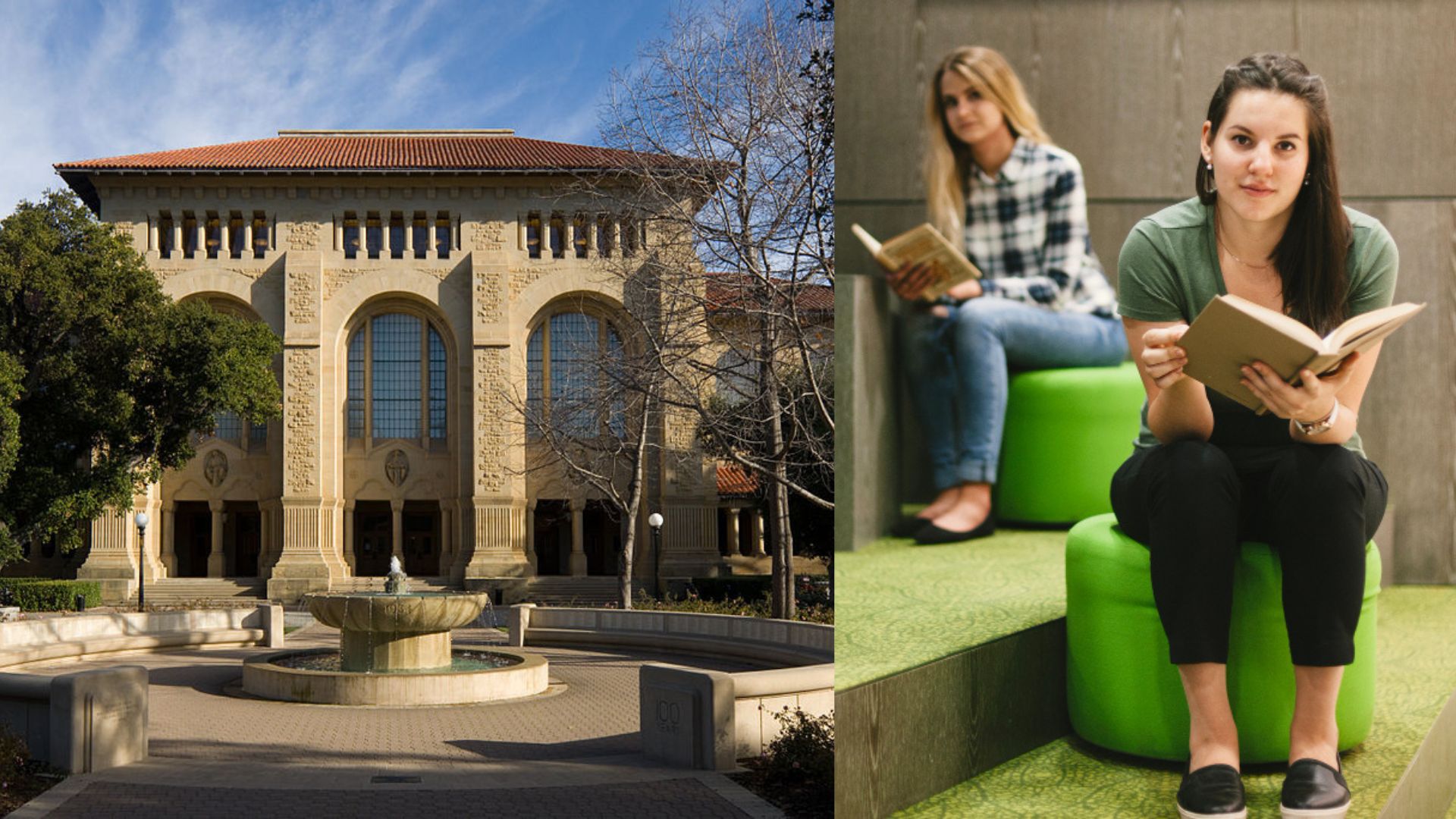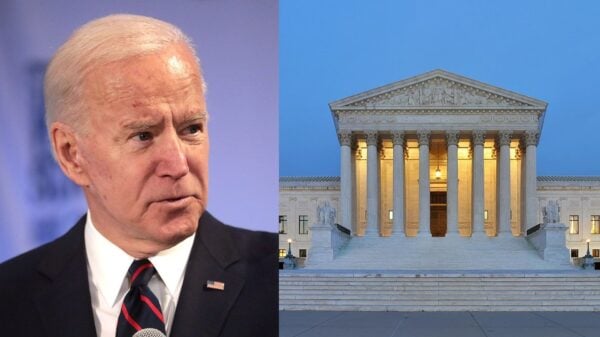Over the past decade, the United States has experienced a significant decrease in college enrollment. As the price of tuition continues to surge, various companies have removed the necessity of a degree, leaving many to question whether a diploma is necessary for success. However, a new study has shown a compelling reason to graduate college: People who go to college may live several years longer than those who don’t, offering a potential boost to their lifespan. For decades it was assumed that those without a four-year college degree would struggle to attain any kind of financial or professional success in America. But that has changed in recent years. According to the Pew Research Center, the total number of 18-24-year-olds enrolled in college was down 1.2 million from 2011. One major reason behind the decrease in the number of young Americans going to college is financial, as tuition for the four years costs $104,108.
As fewer young professionals are attending college, many companies, such as Apple, Google, and IBM, no longer require applicants to have college degrees, as they have found that a piece of paper doesn’t dictate the kind of employee a person will be. However, while it may be tempting to avoid going to college in the modern era, Economists at Princeton University recently made a shocking discovery that could tempt many Amercians into going to college: those with college degrees live longer than those without one. The average lifespan of an American is often an interesting topic to debate. For a nation that’s considered a world leader and one of the richest in the world, many expect it to rank among those with the highest life expectancies. However, this is not the case. The average life expectancy for an American is currently 79.11 years; however, other countries like Japan and Switzerland have much higher averages at 85.03 years and 84.45 years, respectively.
Economists Anne Case and Angus Deaton from Princeton recently collected extensive data regarding Americans’ life expectancies, comparing data between those who attended college and those who did not. What they found was surprisingly shocking: In the 1990s, there was a narrow gap of only 2.5 years in life expectancies between college graduates and non-graduates. But as of 2021, that divide had significantly increased to an 8.5-year difference. According to Case and Deaton’s data, in 2021, a college-educated American could expect to live more than 83 years, whereas a non-college-educated American shouldn’t expect to live past 75. Of course, their data couldn’t explain why this phenomenon occurred, but the economists do have a few ideas. The researchers surmise that college-educated Americans live longer because they have better jobs. Corporate employers provide healthcare insurance, they pay better, and a degree ultimately leads to obtaining jobs that don’t necessarily harm one’s physical body. “If all Americans had the life expectancy of those who are college educated, the United States would have been one of the best performers among the rich countries in terms of life expectancy, not the worst,” Case and Deaton wrote in a New York Times op-ed. “It is the experience of those without college degrees that accounts for America’s failure.”



















